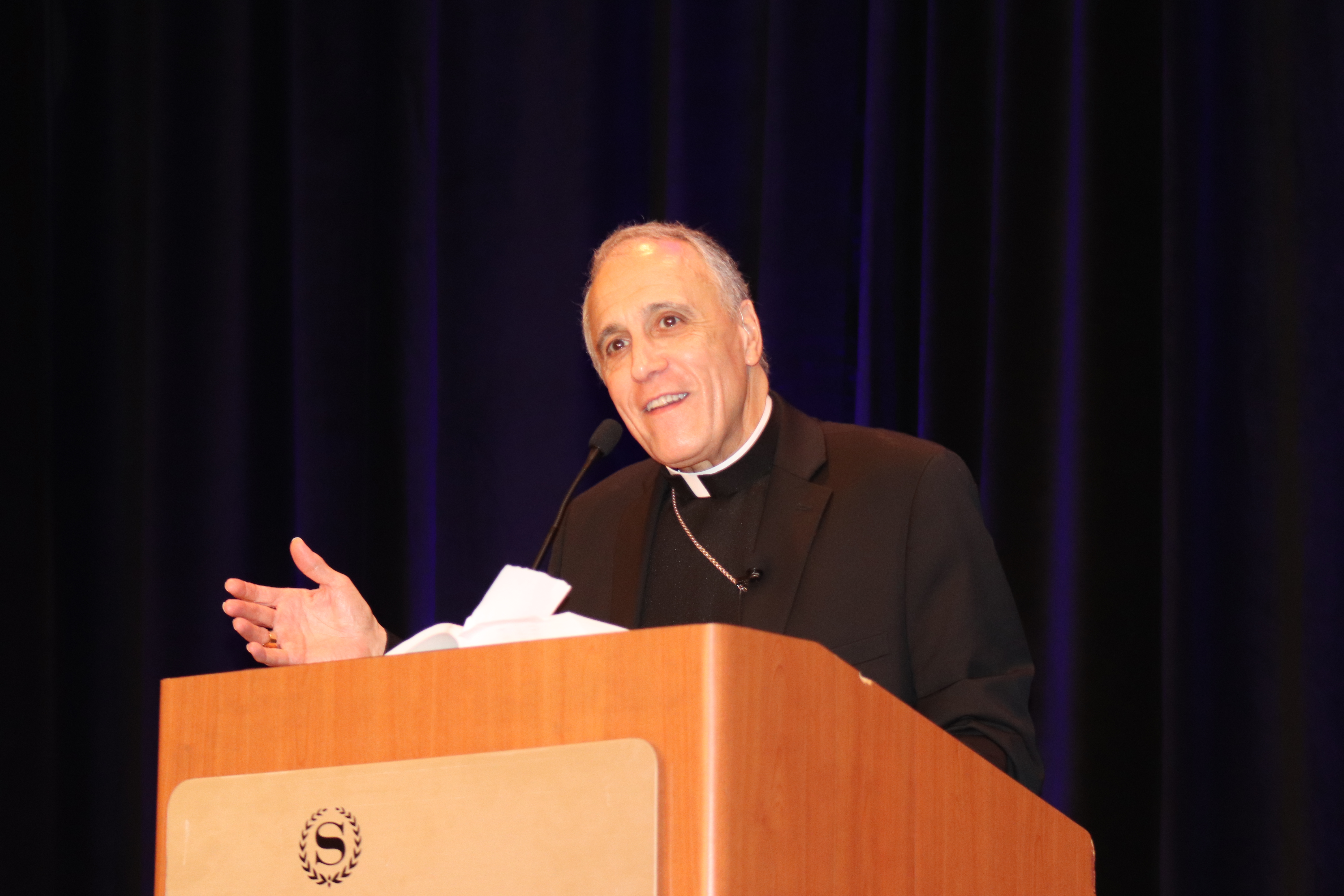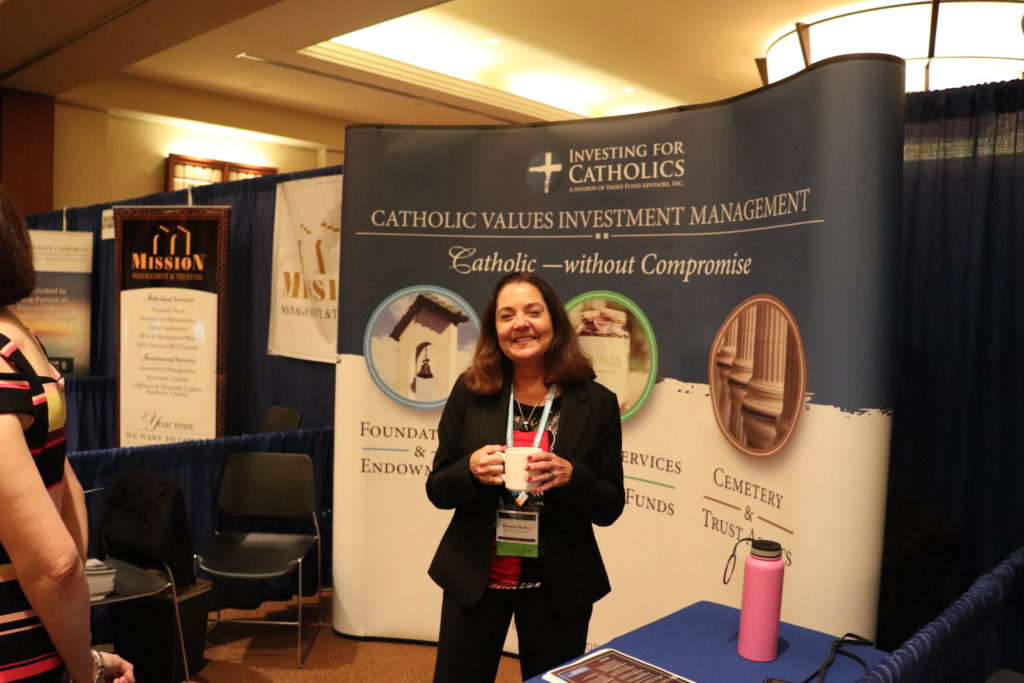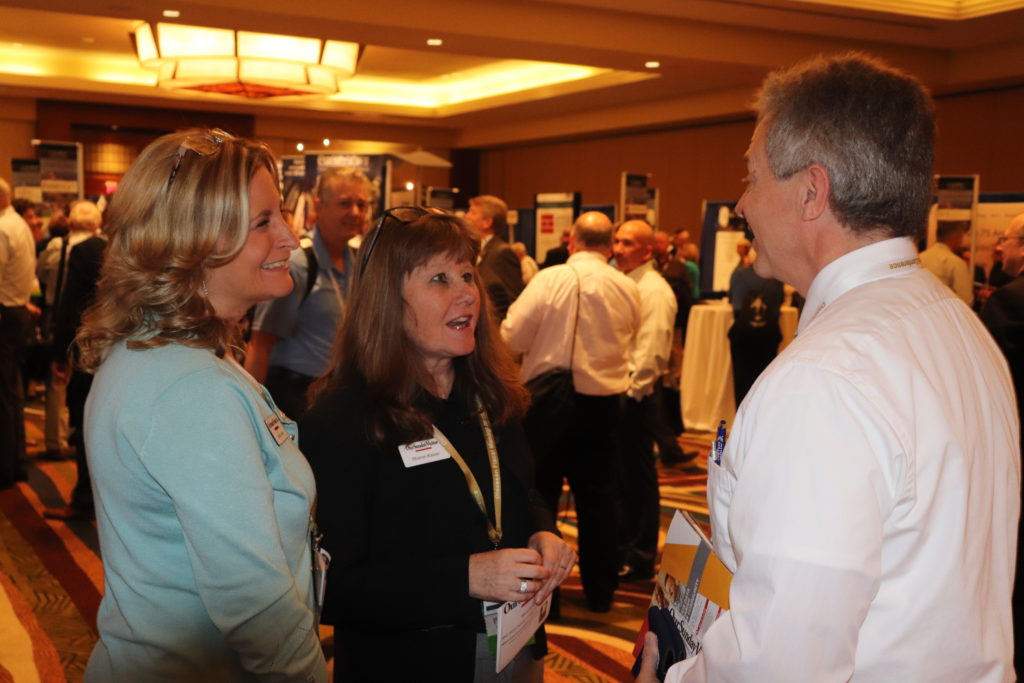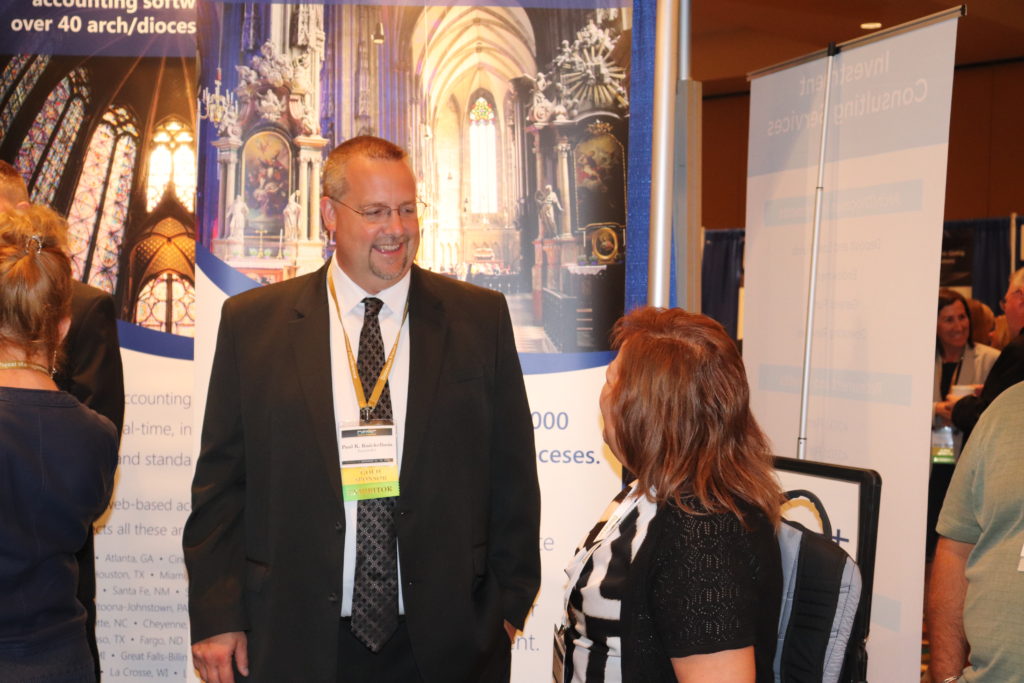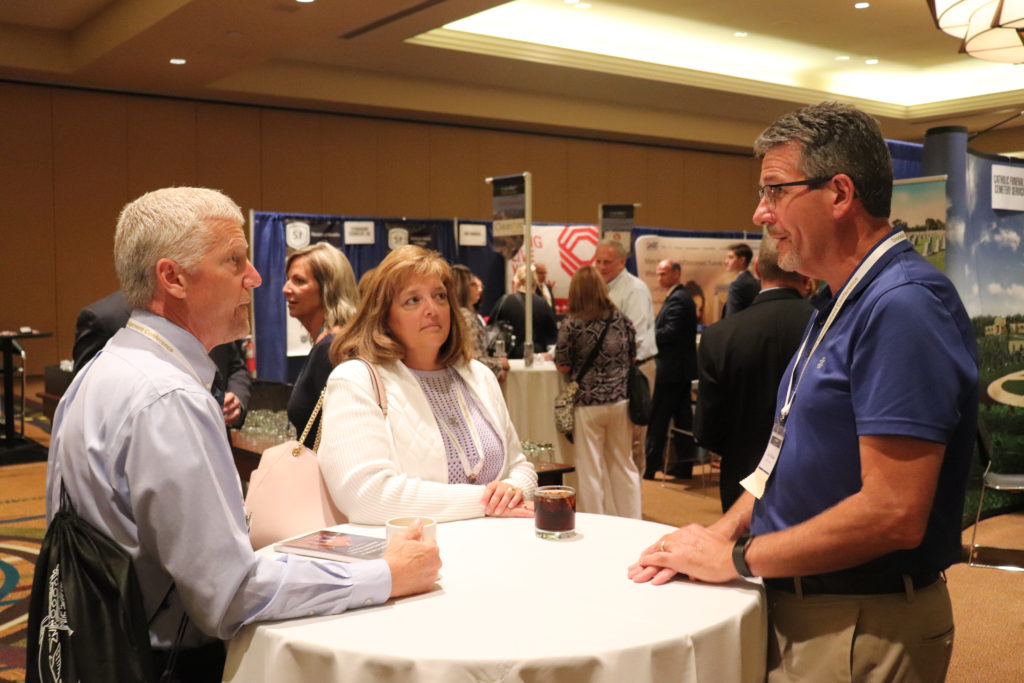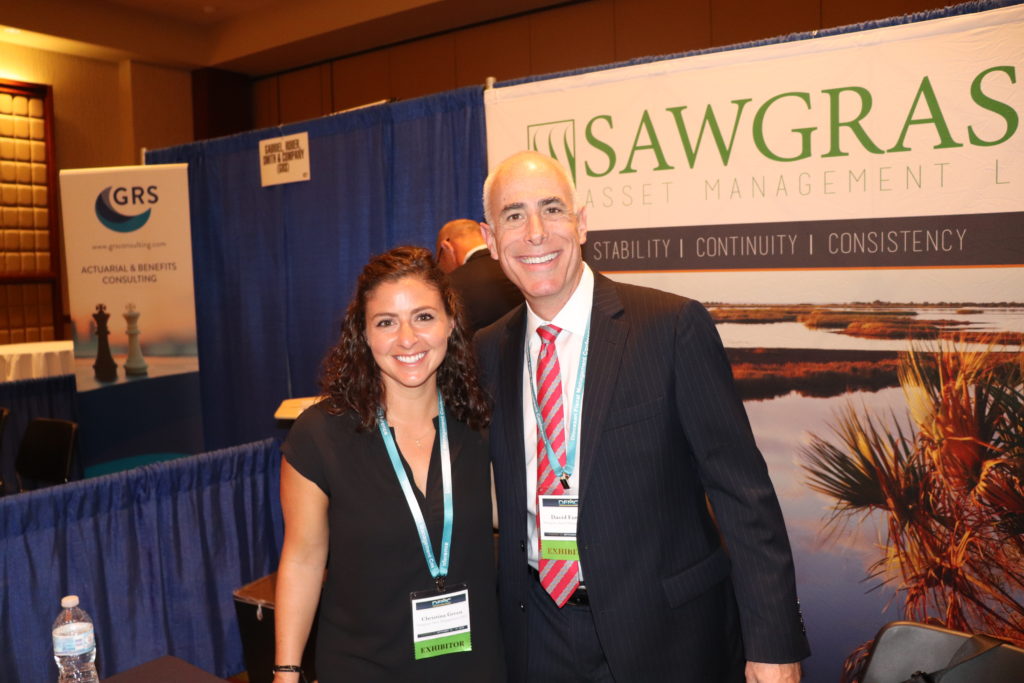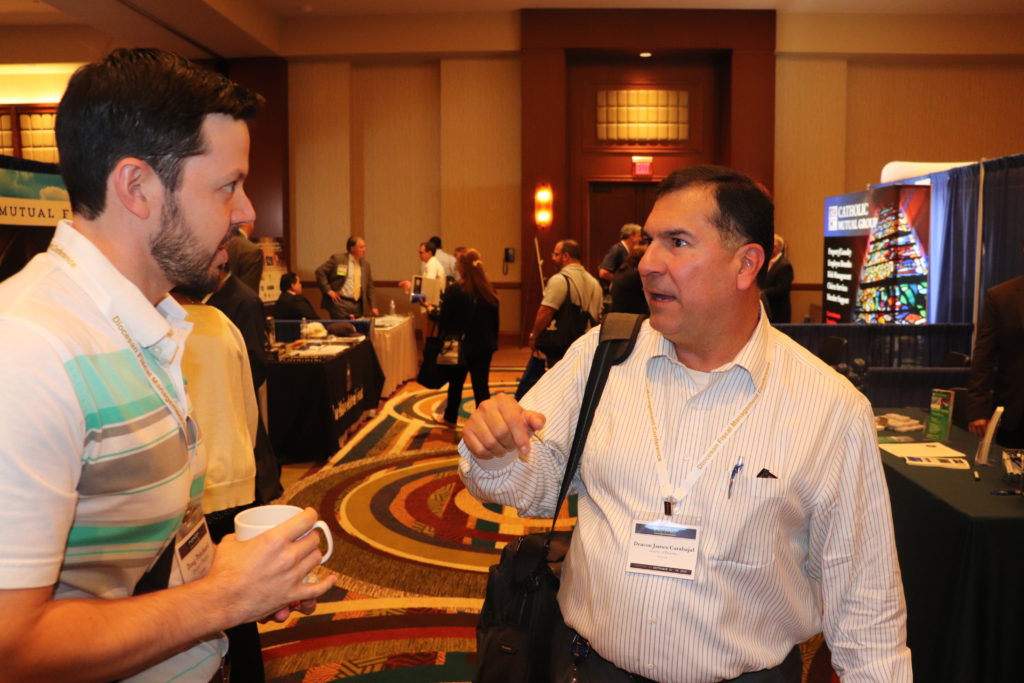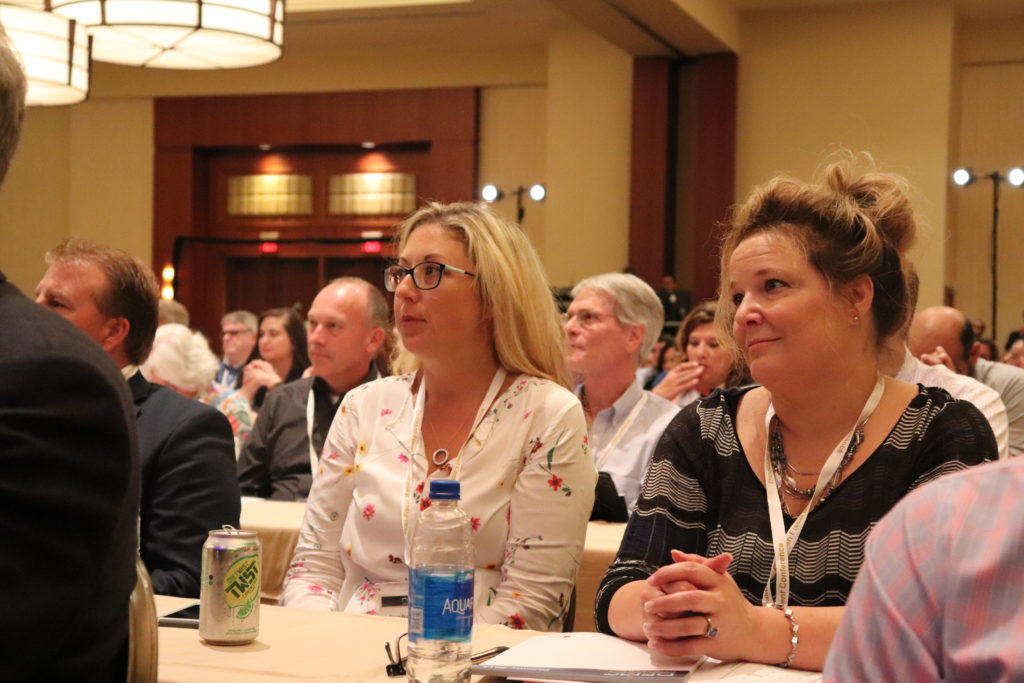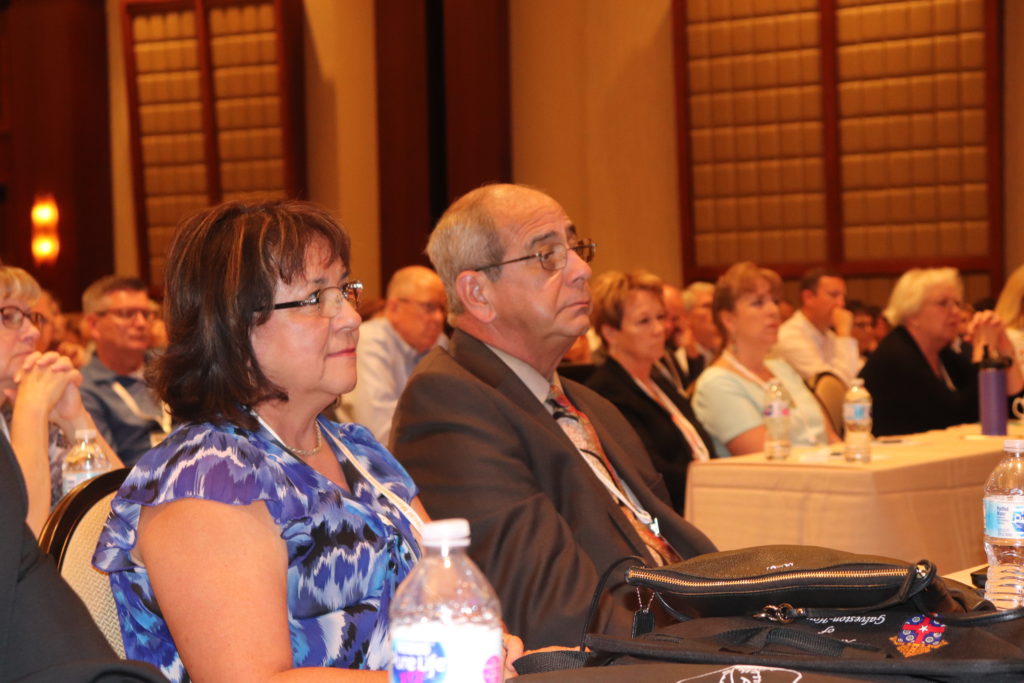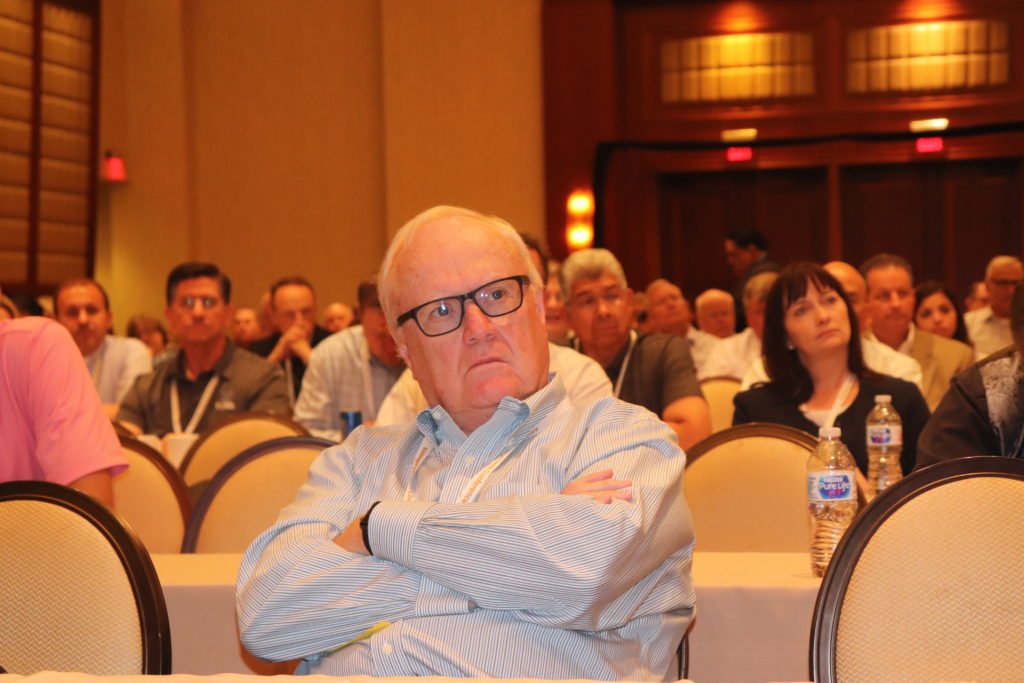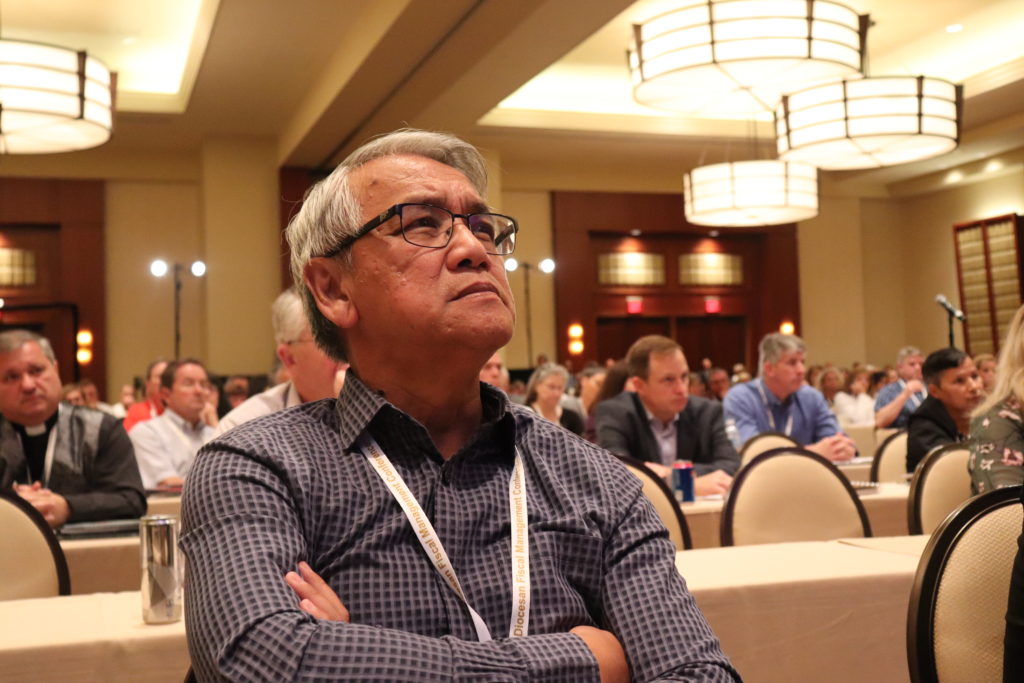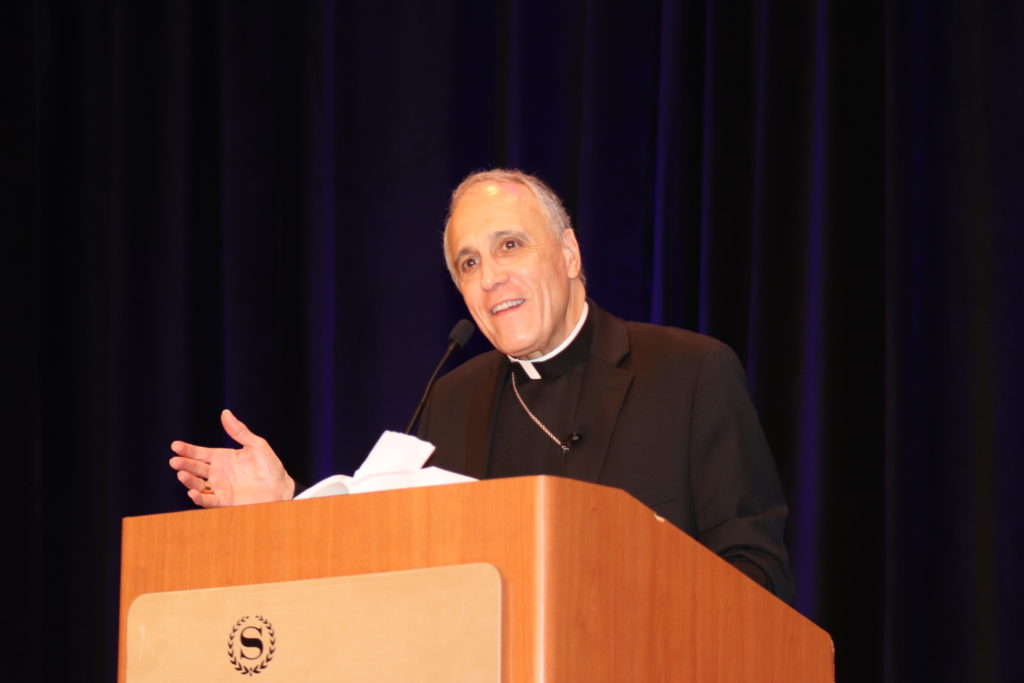
PHOENIX — At a time when the church is facing increasing pressure to be accountable over the issue of clergy sex abuse, diocesan finance officials were urged by the nation’s leading Catholic bishop to approach their task with the mindset of a servant and a shepherd.
“It’s extremely important that everyone in church finance work has a disciple’s heart, especially right now,” Cardinal Daniel DiNardo, archbishop of the Galveston-Houston Archdiocese and president of the U.S. Conference of Catholic Bishops told hundreds of local Diocesan officials during the 2018 Diocesan Financial Management Conference at the Sheraton Grand Hotel in downtown Phoenix Sept. 17.
“Many are feeling frustration and anger about abuse crisis. It’s good to get that out, but let’s not stay there,” Cardinal DiNardo urged the gathering, which included many local controllers, budget directors, human resource managers and other similar level officials from dioceses across the United States.
The cardinal described budgeting and financial planning as more than a job.
“Our accounting responsibility is also a vocational call. One of the most theological documents is a budget,” he said, urging finance officers to begin their work not with a calculator but with prayer.
“Help us be better at being good stewards of what has been entrusted to us,” he said.
The remarks resonated with conference participants.
“What struck me was his commitment to helping the church move through this the right way. It increased bishop’s accountability and transparency was hope he expressed. Even in the anger there were helpful suggestions. This is our opportunity to get this right,” said Mary Santi, chancellor and executive director human resources for the Diocese of Seattle.
“I share Cardinal DiNardo’s thoughts about our profession,” said Laura Montgomery, diocesan fiscal officer, Diocese of Camden, New Jersey, and former controller for Catholic Charities in that area. “It requires transparency. It’s important everything we do be correct, that we understand where things come from — I have an accountability to those in the pews who put their money in each week and expect us to be good stewards of it. I take that very, very seriously.”
Diocese of Phoenix controller Anthony Rabago called the cardinal’s assessment of budgeting “perfect.”
“This is our ministry; our calling. We don’t look at it as a job.”
The effects of the abuse crisis on finances cannot be measured yet, various participants agreed.
For example, Montgomery said Camden had not registered a noticeable drop; nor had the Diocese of Phoenix, according to Rabago.
“I think the effect will depend on the diocese. We have addressed issues in the past and our Bishop (Thomas J. Olmsted) has been very transparent.”
On the issue of the abuse investigation, Cardinal DiNardo vowed transparency and independence. He said the USCCB is “deeply involved” in the effort to root out guilty clerics as well as ensure open reporting of incidents or allegations.
Cardinal DiNardo pointed out, though, the matter is “international,” noting allegations and investigations in other dioceses around the world.
“That doesn’t take away our responsibility here in the U.S.,” the cardinal said, adding,” There are probably multiple causes of abuse crisis — we don’t get anywhere by saying it’s this or this. As long as I’m president of the conference we’ll stick with (efforts to solve the problem).”
The cardinal traveled to the Vatican last week and was among a group who discussed the matter with Pope Francis, expressing hope over a solution.
But he cautioned against quick answers. “This will take time,” he said.



